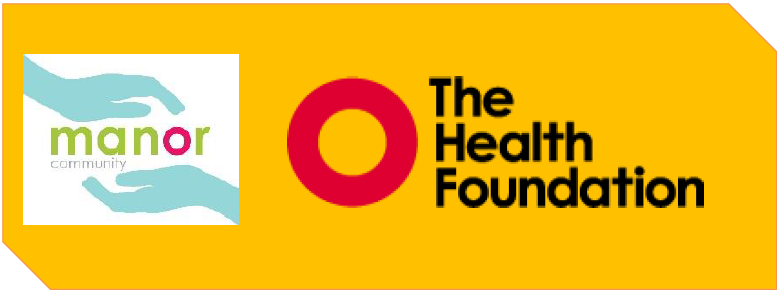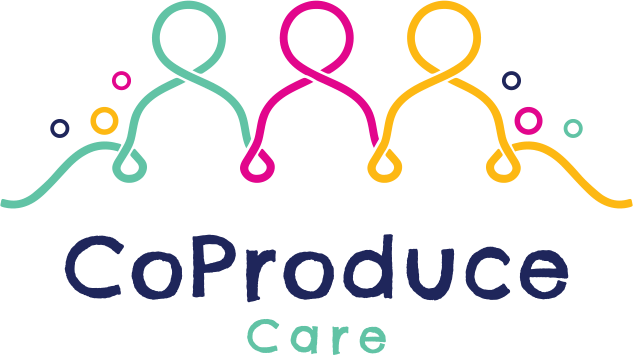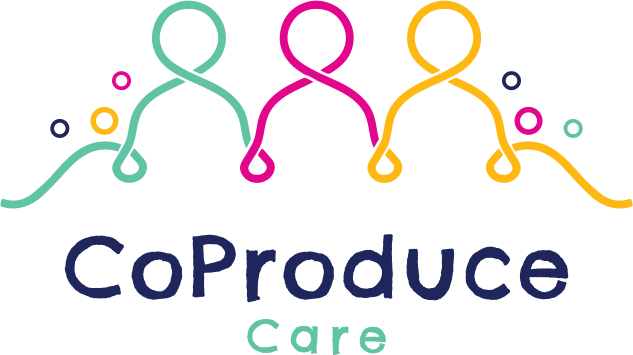
The Health Foundation Data Project

Download our Final Project Output documents below!
What did we do?
We ran a pilot project as part of a programme run by the Health Foundation, an independent charity for health care for people in the UK. This funded program is named ‘Strengthening Social Care Analytics’, aiming to address key challenges to help the social care sector respond to COVID-19 and its aftereffects.
Our project is titled ‘Developing data analytics to improve how social care is monitored and understood for those with the worst outcomes’.
The overall aim of our project was to find out how technology will impact people with Learning Disabilities, Autism and/or Mental Health needs accessing care.
How did we do this?
We did this by collecting a variety of feedback data through a survey filled out by people with Learning Disabilities, Autism and/or Mental Health Disabilities. We wanted to see how well AI machine learning understood the responses from these groups. Our aim was to see if any person is at a disadvantage if this type of technology is put in place to understand those receiving care’s needs.
What do we mean by AI and machine learning?
AI is a general term for technology that can make its own decisions.
Machine Learning is the process by which the technology learns to make decisions and identify trends by itself, usually about how to interpret what it is processing. A set of rules are coded in to help it know what it is looking for and includes how to make new rules for itself.
What did we learn?
We learned through this project that using machine learning to understand feedback from people with Learning Disabilities, Autism and/or Mental Health Disabilities is an effective appropriate tool for understanding these groups. We found that the process of collecting information from those receiving care could provide a new and exciting role for social care called a ‘Feedback Advocacy' Specialism.
This would mean that care workers could develop a new rewarding and empowering skill within their role. With this skill, care professionals would identify key issues and questions, carry out voice capturing on duty and advocate for appropriate change based on the findings. This would also contribute to creating more diverse career options in the sector and improve the lives of those in support by continuously improving the tools.
How can I learn more?
We have documented a blueprint for implementing the tools, and feedback advocacy specialism, for care professionals through our learning guide. This is a resource that has been created to be practically utilised and could lead to a much bigger scale version of our pilot. Download our Learning Guide below.
Our research report entails the research process, collection of feedback data, any practical considerations and our findings. Here you can learn more about how the research went and follow along with the experience. Download our Research Report below.


